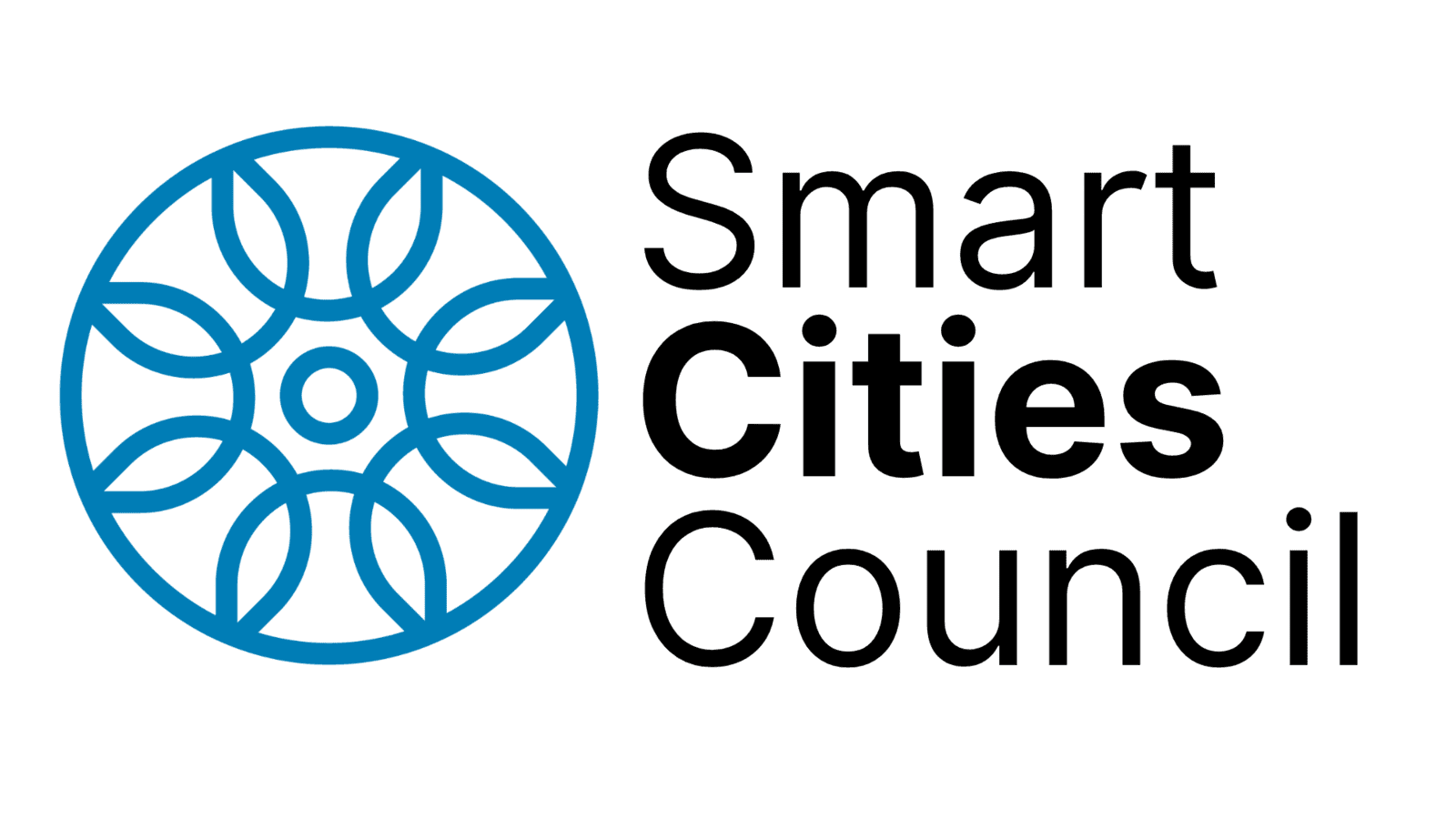
Smart Cities Innovation Forum San Francisco, California, Wednesday, June 25, 2025
The Smart Cities Council hosted a dynamic and forward-facing Innovation Forum during Deep Tech Week in San Francisco on the afternoon of Wednesday, June 25, 2025, assembling leading voices from academia, government, industry, and the global innovation ecosystem. The forum challenged traditional thinking on what smart cities can—and must—become in an era of rapid technological transformation, geopolitical complexity, and accelerating urban demands.
With an engaged audience and a compelling speaker lineup, the evening highlighted not only the strategic imperatives of digital infrastructure, but the human-centered lens through which sustainable and equitable smart cities must emerge. Attendees were encouraged to interact directly with speakers during the post-session networking reception.
Highlights from the Forum
Opening Remarks – Corey Gray, CEO, Smart Cities Council
CEO Gray set the tone by underscoring the Council’s commitment to social impact and urban equity. He emphasized the role of citizen education in technology adoption, the importance of localized urban maturity assessments, and how Smart Cities Council partners with governments and private entities globally to transform social, environmental, and economic outcomes. “This isn’t just about sensors or AI. It’s about dancing, food, family, community—how technology empowers a better human experience.”
Global Outlook from the Middle East – Holger Schlechter, CFO IFZA, Scale 360
Schlechter delivered a compelling presentation on how Dubai and the UAE are becoming global hubs for smart infrastructure, AI integration, and innovation-friendly business environments. Key topics included:
- Dubai’s 2040 Urban Master Plan
- NextGen FDI and international SME acceleration programs
- The “Loop” project: a futuristic 90km sustainable pedestrian highway
- Autonomous delivery robots and large-scale solar farms
- Launch of Scale 360, an innovation platform for startup-corporate collaboration
- “Dubai is not just funding innovation. It’s creating a blueprint for how cities worldwide can leapfrog into the future.”
Future of Human-Machine Cities – Dr. Jan Liphardt, Stanford University Professor of Bioengineering & Open Mind Initiative Found
Key takeaways:
- Humanoid robotics will change how cities function at the ground level
- Most rapid urban improvements will come through AI-supported decision-making, not physical upgrades
- Autonomous vehicles, once widely adopted, will dramatically reduce traffic deaths
- Privacy and cyber security risks must be addressed with edge computing and local inference
- The U.S. must prepare for massive data surges, automation challenges, and ethical consequences“The future isn’t flying cars. It’s smarter decisions by humans and machines coexisting. And that future is already here.”
Civic Resilience & Risk
A robust discussion followed on the unintended consequences of AI in urban environments—ranging from economic displacement to cyber security threats. Key risks included:
- Over-centralization of smart systems
- Tele-operation vulnerabilities in robotics
- Socioeconomic divides intensified by automation
- Civil society’s lack of preparedness for high-speed technological change
Cross-Sector Collaboration as Catalyst
The forum stressed that no single entity can solve the complex web of smart city challenges alone. Strategic partnerships between startups, corporations, academia, and public agencies will be key.
Janaid Islam of the Department of Defense and NASA and SCC Global Thought Leader underscored the power of educational outreach and community engagement to ensure technological change is inclusive and equitable.
Takeaways
- Smart Cities must prioritize people-centric design, not just technological sophistication.
- Dubai, Africa, and Southeast Asia are growth regions to watch for deep tech acceleration.
- Autonomy, privacy, and interoperability are at the heart of next-gen urban ecosystems.
- Cities must build resilience into digital and physical infrastructures against emerging threats.
- The real disruption is in the interaction layer between humans and intelligent machines.
Action Items for Smart Cities Stakeholders
- Evaluate maturity frameworks for urban readiness and investment targeting.
- Build local regulatory and business environments to support entrepreneurial growth.
- Prioritize interoperable AI ethics standards across sectors.
- Implement public awareness and literacy campaigns around robotics, AI, and urban data.
- Engage in co-creation platforms like Scale 360 to align startups and legacy industry leaders.
Closing Note
As the sun set over the a sunny breezy day in the Bay Area, what resonated most wasn’t the grandeur of futuristic renderings—it was the clear-eyed conviction that smart cities are built through intentional collaboration, inclusive vision, and ethical innovation. The Smart Cities Council remains steadfast in stewarding that mission around the globe. For more on our next initiatives and global opportunities, visit smartcitiescouncil.com or contact our regional team.
Prepared by Smart Cities Council North America Member & Partner Relations Pat Edouard | San Francisco, Sunday June 29 2025
For more information on Smart Cities:
- Smart Cities Council Website
- Smart Cities Council News
- Smart Cities Council Events
- Smart Cities Council Education
- Smart Cities Council Contact Form
- Social Media via the tabs

